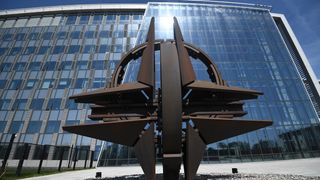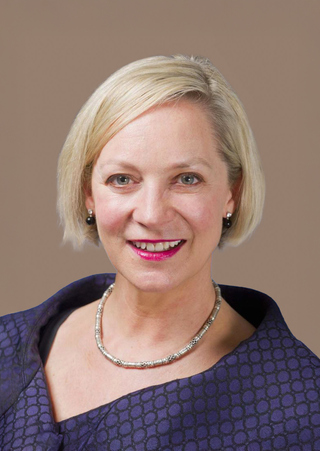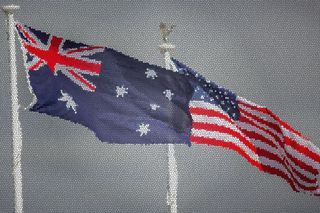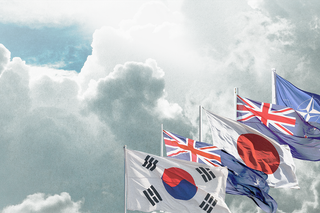Prime Minister Albanese will not attend the NATO Summit this week in Washington. Focused on domestic political issues, Albanese has been criticised for neglecting geopolitics at a critical juncture for NATO.
This is a moment when attempts to broker peace in Ukraine are failing. When Russia is doubling down on its brutal war.
This is also a moment when a newly expanded NATO will meet to thrash out devilishly difficult issues at the 9-11 July summit. When France, Germany, the Netherlands and the European Parliament are dealing with significant political changes. When European unity is challenged by Hungary’s leader and a new UK Prime Minister is attending his first-ever NATO.
This is also a time when NATO allies are debating core aims and principles.
Should Ukraine be enabled to mount attacks on Russian territory? Can military assets supplied by the United States or Germany be used in such attacks? What assistance does Ukraine now need? Can allies maintain and increase their aid to Ukraine without being punished by voters focused on their own economic woes? Can Ukraine join NATO?
Five years ago, only seven of NATO’s 32 member countries had met defence spending targets of 2 per cent of GDP. Now that number is 23.
For its part, the Biden administration has committed an extra US$1.5 billion in aid for Ukraine’s energy sector and humanitarian efforts, widened sanctions again Russia to include Chinese defence suppliers, and signed a 10 year security agreement with Ukrainian President Volodymir Zelenskyy.
The United States provided 68 per cent of NATO spending in 2023. And now, NATO allies are preparing for a possible second Trump administration. No one quite knows what to expect from Donald Trump on the NATO front and his vow to end the war in Ukraine.
Australia needs to keep as close to NATO as possible – as in 1953 when Australia was the first partner to participate in Exercise Coronet, a demonstration of NATO air power at a time of Soviet expansion in Europe. US and NATO leaders emphasise that their Indo-Pacific partnerships must be kept strong and alive to the intertwined security challenges across our regions. Australian leaders have long understood these links and advocated strong institutional arrangements.
Australia should also seek to maximise its role, having forged a new type of partnership with outgoing NATO Secretary General Jens Stoltenberg. As another impressive leader, Dutch Prime Minister Mark Rutte, steps into the NATO Secretary-General role, Australia has a further chance to illustrate it remains a solid partner on the other side of the world.
Australia should also support its commitment among the NATO non-member partners known as the AP4 – Australia, Japan, New Zealand and South Korea – to upholding shared goals, supporting Ukraine’s ability to defend itself, and building resilience to rapidly evolving non-military threats to cyber and economic security.
Such issues in our neighbourhood are linked to the actions of Vladimir Putin and the fate of Europe.
Stoltenberg spoke of these links long before Moscow and Beijing announced in 2022 their “friendship without limits” just prior to Russia’s invasion of Ukraine.
Albanese’s non-attendance at this year’s NATO summit is unlikely to do long-term harm to Australia’s relations with Europe or the United States. Australia has previously shown up at high levels, at critical moments during the past two years of Russia’s war against Ukraine, and underwritten our posture of solidarity with valuable assistance. But with the significance of this meeting – at this moment – it would be far better to have attended.









